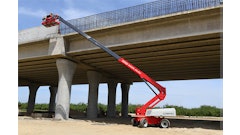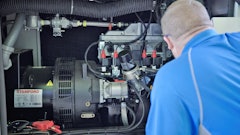
With labor being such a pressing concern in the rental industry, James Auerbach, vice president at The American Rental Association (ARA), discusses ways to foster careers in the rental industry and lays out initiatives the ARA has in place to promote workforce development.
Rental: What was the motivation behind the ARA’s workforce development initiative? How did this effort get started?
Auerbach: We regularly poll our members and are in constant contact with them. We started hearing pretty regular feedback about challenges they were experiencing both with sourcing and hiring labor. This was pre-COVID, but then you fast-forward a year, and the situation only got worse.
Rental: How is the ARA addressing workforce challenges facing the rental industry?
When we started hearing this feedback, we tried to look at how we can be targeted with our efforts. We broke it down into three main components. The first component is the job portal that we've created exclusively for ARA members, which allows members to post all of their open positions in one place, and then those positions are automatically shared over 20 national job boards. We found that when our members were posting in 20 different places, it took them a tremendous amount of time and a high cost. We tried to really create a one-stop portal for them to post and get a much wider reach, and it saves them both time and money by consolidating everything in one place.
The second thing was developing a hub where both members and nonmembers, candidate students and educators could go to have greater awareness about what is available. The careers in rental are vast, and there is a general lack of awareness about them. This year, we'll be launching the recruitment tools for our members to use in the local markets, which is a place where rental companies can go and download a wide range of templates like brochures, posters, different signage, handouts, ad templates, postcards and other materials when they're visiting schools, career fairs or technical schools.
The last pillar is the introduction of student memberships. ARA launched a student membership this year. It's a free membership and allows students to have access to thousands of jobs. We have training certificates we've created for intro to rental networking opportunities, and they have access to a lot of our educational pieces. The hope is to introduce students earlier in the process to what's available and provide them with some relevant training that our members will be able to see they've completed.
We’re working hard to increase awareness that there are lucrative careers to work in; it's a $61 billion industry that's growing every year, and average salaries are $65,000 and up. There are hundreds of thousands of jobs created every year and, most importantly, there are real career paths. You can come in at different entry points and advance all the way up to some very high leadership positions.
The awareness piece really does start earlier. High schools and local technical schools regularly have career fairs, where operators can recruit, and we need to be attending those career fairs. Students need to understand that that local rental operation is hiring.
Schools also welcome local business owners to come speak to full classrooms or assembly halls about careers or different career paths, and we need to be taking advantage of that. The last thing is their local advisory boards, regional advisory boards, committees, and many of these schools; you're seeing more and more involvement by these local operators who are members on these advisory boards in these committees. And again, it's just giving us more opportunity to talk directly to the students who are looking for a career and who are entering the workforce.
Rental: Beyond raising awareness, are there other factors that are influencing the rental workforce?
We’ve partnered with 10 diversity and inclusion job boards as part of the national network I mentioned earlier. We also internally have a diversity task force that's currently looking at different ways to increase inclusion and representation of people of all backgrounds and ethnicities.
There are a lot of people who have not been exposed to these opportunities, so it’s about finding ways to diversify who knows about these jobs to make them more available and more accessible to a wider range of people.
Culture is also important. It's something that we're always working hard on and we see positive results. We have to continue to work hard to show the diversity, inclusion, culture and career path and why the careers in the rental industry are desirable. From there, we bring as many of those folks as we can into our businesses.
Rental: What is the top action that rental companies can be taking to help with the labor challenges?
Getting involved at the local high schools and colleges and technical training schools, this type of recruiting and outreach needs to be a regular part of every business recruitment plan. Recruitment has become a 12-month effort. With a lack of available workers and the competitive market, we have to be much more proactive.
We need to really raise the voice of the types of careers and the types of specific jobs that are available in these different businesses where you can advance from an entry level position up to a manager or even higher, making six figures or more. There are many of these jobs available. We just have to make more people aware that they exist.
Find the full conversation here: https://bit.ly/3xCYgUG.



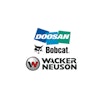



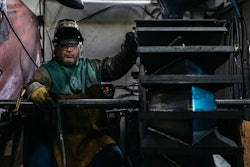



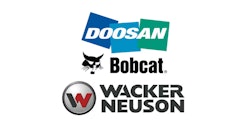

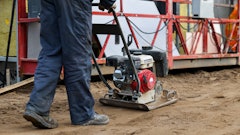
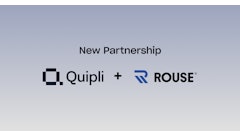



![Building Angled Sm Edit 6050b8d213f1b[1]](https://img.forconstructionpros.com/mindful/acbm/workspaces/default/uploads/2025/09/building-angled-sm-edit6050b8d213f1b1.Ygq5aAos3b.png?ar=16%3A9&auto=format%2Ccompress&crop=focalpoint&fit=crop&fp-x=0.53&fp-y=0.23&fp-z=2&h=135&q=70&w=240)
